 Credit cards are often a better solution than payday loans. Of course, it should be mentioned that many credit card companies will charge you an annual fee for your credit card. This should be taken into account when you compare credit cards with payday loans, and also when you compare different types of credit cards and debit cards with each other.
Credit cards are often a better solution than payday loans. Of course, it should be mentioned that many credit card companies will charge you an annual fee for your credit card. This should be taken into account when you compare credit cards with payday loans, and also when you compare different types of credit cards and debit cards with each other.
Below, you will find six situations where a credit card may be a better solution than a payday loan.
When you have an interest free or low interest credit card
Sponsored Brokers Where You Can Pay With Credit Card
There are many credit card companies that will give their costumers 50 days or more of interest-free credit, provided that you pay the bill in full on the maturity date. This is not the case with payday loans, where even a one week loan can rack up a substantial amounts of interests and fees. Take for instance the Wonga payday loan, which is very popular in the United Kingdom. At the time of writing, borrowing £100 for 7 days from Wonga would cost £12.89 in interest and fees. Borrowing £100 for 43 days (the longest time period offered by Wonga) would cost £50.87 in interest and fees.
Once your in a serious pinch, it can be difficult to obtain a credit card that offers short-term interest-free credit. It is therefore a good idea to plan ahead and research the pros and cons of getting this type of credit card when you don’t really need it. Even if you dislike the idea of using credit cards, it could still be a good idea to have one (provided it is low-cost) just as an extra layer of protection.
Once you do need access to immediate credit, e.g. because of an unforeseen emergency that is eating through your personal savings, you will be glad that you planned ahead and got a good credit card (or other credit solution) for yourself in advance.
When you need to borrow money for a very short period of time
 Many payday loan companies have fixed fees on their payday loans. This has to do with the nature of the payday loan. Since a majority of payday loans are small and run for less than a month, even a payday loan with a huge interest rate will give the lender a fairly small amount of interest when it is paid back. The cost of setting up and administering the payday loan can easily exceed the interest charged on the loan. Compare this to the total interest paid to the bank over the years on real estate mortgage that you set up 25 years ago, and you can easily see why payday loan lenders are eager to attach fixed-fees to their loans.
Many payday loan companies have fixed fees on their payday loans. This has to do with the nature of the payday loan. Since a majority of payday loans are small and run for less than a month, even a payday loan with a huge interest rate will give the lender a fairly small amount of interest when it is paid back. The cost of setting up and administering the payday loan can easily exceed the interest charged on the loan. Compare this to the total interest paid to the bank over the years on real estate mortgage that you set up 25 years ago, and you can easily see why payday loan lenders are eager to attach fixed-fees to their loans.
What this means for you as a borrower is that even if you just need to borrow money until your next paycheck arrives in four days, you will still pay dearly for your payday loan. It is not uncommon for payday loans to have a fixed fee of $25 per $100 borrowed, regardless of whether you repay your loan in four days or in 31 days.
If you on the other hand have a credit card, a four day long $100 loan will most likely not cost you anywhere near $25. Even if you do not have a credit card that offers interest free 50 day periods, you may still have a credit card where you can borrow $100 and only pay interest for those four days. Even with a really high monthly interest rate, it won’t amount to much for a four-day period.
When you do not known exactly how much money you will need
When you take out a traditional payday loan, you will normally have to decide right then and there how much you want to borrow until your next payday. Some lenders will not allow you to return later to borrow more before your next payday, and the ones that will allow this will typically charge you a new fixed-fee which make multiple borrowing extremely expensive.
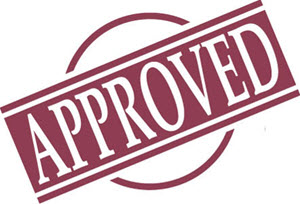 Because of this, many borrowers are tempted to borrow more than what they think they will actually need. They are already paying a high fixed fee for their payday loan, so they want to “get the most out of it”. Also, they want to safeguard themselves against having to pay an additional fixed-fee if the run into any unforeseen emergency and need more money than expected before the next payday.
Because of this, many borrowers are tempted to borrow more than what they think they will actually need. They are already paying a high fixed fee for their payday loan, so they want to “get the most out of it”. Also, they want to safeguard themselves against having to pay an additional fixed-fee if the run into any unforeseen emergency and need more money than expected before the next payday.
The problem with over-borrowing is of course that it can be tempting to spend your money once you have it in your pocket. You also run the risk of your money being stolen or lost, or that friends or relatives will pester you for money if they get a glimpse of the “extra cash” you have at hand.
When you purchase something an pay with your credit card, there is no over-borrowing. If you need to make a new purchase later in the week, there is no new huge fixed-fee to pay. This way, a credit card gives you more flexibility and you do not have to keep extra borrowed cash around ‘just in case’.
There are of course plenty of examples of people that go crazy and overspend with their credit card as well, but for many consumers it is more difficult not to overspend when they have cash burning a hole in their pocket than when its just a credit card. Which group, if any, do you belong to?
When you need repayment flexibility
A payday loan should be repaid on the day you receive your next pay. That is the basic idea of a payday loan. Many traditional payday lenders will even make you sign a post-dated check as collateral, so that they can cash the check if you do not show up to repay the loan when it is due. If you fail to pay back the loan on your payday, and have an empty check account, the bank will charge you an overdraft fee when the payday loan company cashes your check.
If you on the other hand have a standard credit card, you will most likely have have the option of doing a minimum payment this month and then pay the rest of the loan back the following month, or make a minimum payment the next month as well and continue to push the loan. This is of course not a comfortable situation to be in, but it may be better than ending up in a downward spiral where so much money from you next paycheck will go to repaying your current payday loan that you will be forced to take out a new payday loan to pay rent and groceries.
Since payday loans tend to be so expensive, it is often better to use a credit card for your emergency and then slowly pay off that loan over several months. As long as you make at least the minimal payment each month, you shouldn’t incur any hefty fees but you will need to pay interest.
 Example 1: You borrowed $100 on your credit card. That is $1,52 in monthly interest on a credit card charging 19,9%. This month, you will pay back a part of your loan (not the full loan) plus $1,52 in interest rate. Also, as your loan decreases with each payment, so will the monthly interest payments.
Example 1: You borrowed $100 on your credit card. That is $1,52 in monthly interest on a credit card charging 19,9%. This month, you will pay back a part of your loan (not the full loan) plus $1,52 in interest rate. Also, as your loan decreases with each payment, so will the monthly interest payments.
Example 2: You borrowed $100 in the form of a payday loan, when there was 20 days left to your next payday. On your payday, you must pay the full $100 back + interest and fees. It is not unusual for payday lenders to charge $25 in fixed fee for a loan like this, so even if don’t pay much in interest for a mere 20 days you will most likely end up paying back at least $27 in fee + interest.
Of course, it is ALWAYS important to check the exact terms and conditions of your specific credit card and of several payday loan companies before you decide which option that is best for you. Also keep in mind that for some people, paying back a payday loan once and for all is easier than properly managing a credit card where you have more flexibility.
When you want extra consumer protection
Many credit cards will offer extra consumer protection. You may for instance get travel insurance when you purchase a trip using your credit card, or fraud insurance when you order a product online. Of course, if you need to take out a payday loan to buy milk, bread and beans than the consumer protection offered may be of little use to you. But there are those rare situatios when purchasing airline tickets on credit or ordering a spare part for your space heater on credit actually make sense, and in those situations it can be a really good idea to use a credit card that offers you extra consumer protection instead of using a payday loan to pay for the emergency purchase.
If you live in the United States, more information can be found in Section 75 of the Consumer Credit Act.


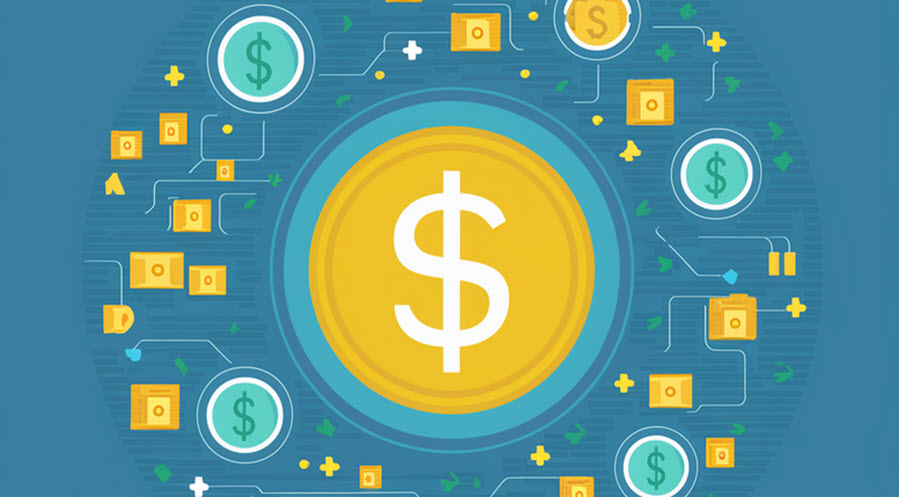







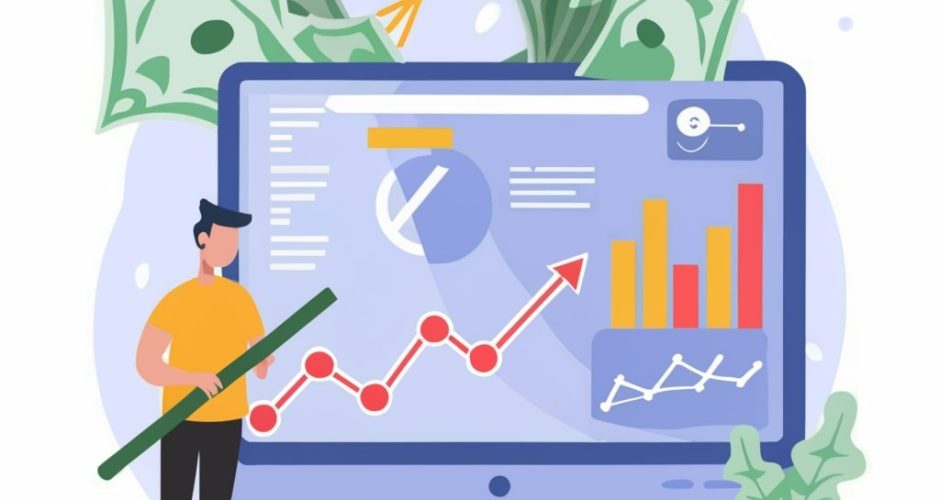


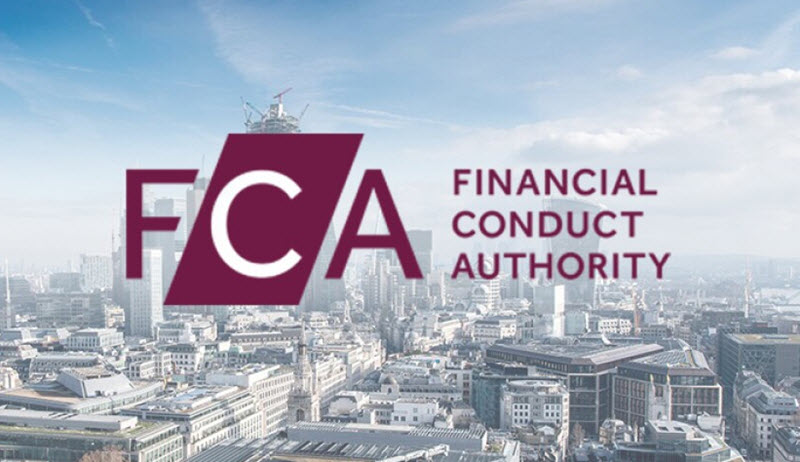



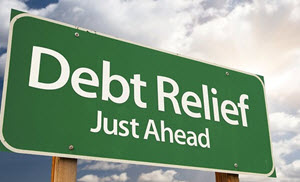
 Are you qualified for a debt relief order?
Are you qualified for a debt relief order?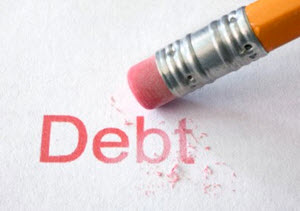 Once you have been approved for a debt relief order, there are certain rules you must adhere to. Below, you will find some of the most important ones (the list is not complete).
Once you have been approved for a debt relief order, there are certain rules you must adhere to. Below, you will find some of the most important ones (the list is not complete).
 Credit cards are often a better solution than payday loans. Of course, it should be mentioned that many credit card companies will charge you an annual fee for your credit card. This should be taken into account when you compare credit cards with payday loans, and also when you compare different types of credit cards and debit cards with each other.
Credit cards are often a better solution than payday loans. Of course, it should be mentioned that many credit card companies will charge you an annual fee for your credit card. This should be taken into account when you compare credit cards with payday loans, and also when you compare different types of credit cards and debit cards with each other.


 Because of this, many borrowers are tempted to borrow more than what they think they will actually need. They are already paying a high fixed fee for their payday loan, so they want to “get the most out of it”. Also, they want to safeguard themselves against having to pay an additional fixed-fee if the run into any unforeseen emergency and need more money than expected before the next payday.
Because of this, many borrowers are tempted to borrow more than what they think they will actually need. They are already paying a high fixed fee for their payday loan, so they want to “get the most out of it”. Also, they want to safeguard themselves against having to pay an additional fixed-fee if the run into any unforeseen emergency and need more money than expected before the next payday. Example 1: You borrowed $100 on your credit card. That is $1,52 in monthly interest on a credit card charging 19,9%. This month, you will pay back a part of your loan (not the full loan) plus $1,52 in interest rate. Also, as your loan decreases with each payment, so will the monthly interest payments.
Example 1: You borrowed $100 on your credit card. That is $1,52 in monthly interest on a credit card charging 19,9%. This month, you will pay back a part of your loan (not the full loan) plus $1,52 in interest rate. Also, as your loan decreases with each payment, so will the monthly interest payments.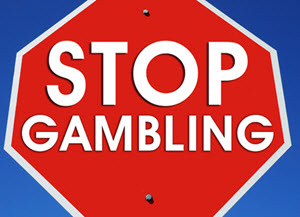
 It can sometimes be hard to know what is to be considered a good investment and what is to be considered gambling. A simply rule on thumb is that if an opportunity seems to good to be true it is likely a long shot gamble. If you know that you like very high risk investments and to dream about their returns it can be a good idea to set a limit for how much you are allowed to invest/gamble on this type of investments. Extreme high risk investments can be an interesting spice in a portfolio but should be kept small enough that the negative effect caused of them failing is minimal. I recommend that you never invest more than 1% of your portfolio in high risk investments.
It can sometimes be hard to know what is to be considered a good investment and what is to be considered gambling. A simply rule on thumb is that if an opportunity seems to good to be true it is likely a long shot gamble. If you know that you like very high risk investments and to dream about their returns it can be a good idea to set a limit for how much you are allowed to invest/gamble on this type of investments. Extreme high risk investments can be an interesting spice in a portfolio but should be kept small enough that the negative effect caused of them failing is minimal. I recommend that you never invest more than 1% of your portfolio in high risk investments. A common problem among poker players is that they are more focused on winning money then they are on avoiding loosing money. The allure of profits is bigger than the fear of loosing money. To become a successful poker player they have to learn that a saved GBP is worth just as much as a GBP that they won. As an investor you have to learn the same lesson. Avoiding losses is just as important for long time success as it is to earn money. This is just one of the many lessons poker can teach you as an investor and that can help you stop gambling and start investing.
A common problem among poker players is that they are more focused on winning money then they are on avoiding loosing money. The allure of profits is bigger than the fear of loosing money. To become a successful poker player they have to learn that a saved GBP is worth just as much as a GBP that they won. As an investor you have to learn the same lesson. Avoiding losses is just as important for long time success as it is to earn money. This is just one of the many lessons poker can teach you as an investor and that can help you stop gambling and start investing.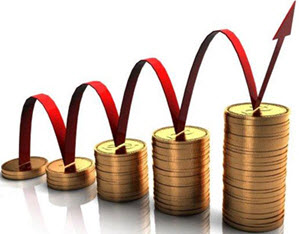 Poker is not a perfect metaphor for investing and the financial world but in many ways it remains a good distillation of the essence of finance. I therefore recommend that everyone who wants to become a good investor spend some time at the poker tables. There are many lessons to be learned that will make you a better investor and help you in your life in general. You do not need to play for high stakes. The lessons can be learned on any level. If you prove to be a successful poker player you might want to devote more money to it. If you find poker hard you can keep playing at lower levels to learn the lessons without loosing too much money. Good luck.
Poker is not a perfect metaphor for investing and the financial world but in many ways it remains a good distillation of the essence of finance. I therefore recommend that everyone who wants to become a good investor spend some time at the poker tables. There are many lessons to be learned that will make you a better investor and help you in your life in general. You do not need to play for high stakes. The lessons can be learned on any level. If you prove to be a successful poker player you might want to devote more money to it. If you find poker hard you can keep playing at lower levels to learn the lessons without loosing too much money. Good luck.